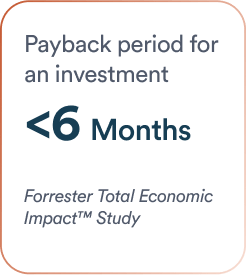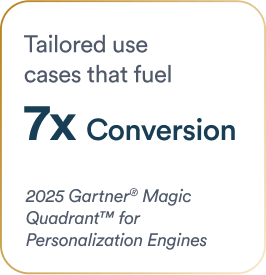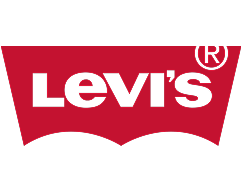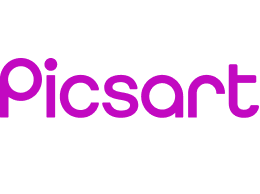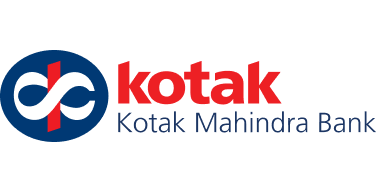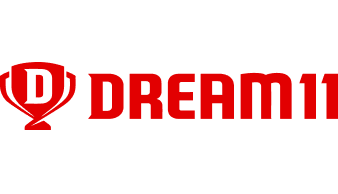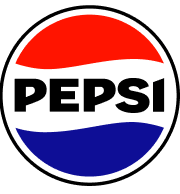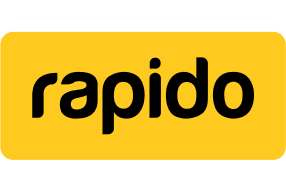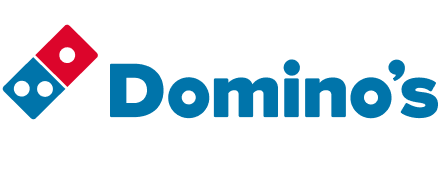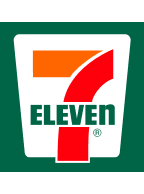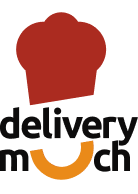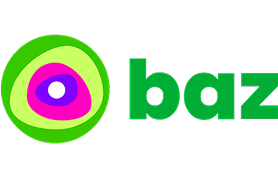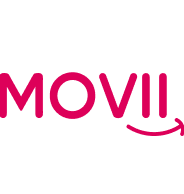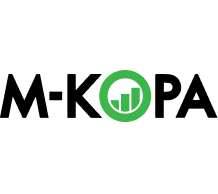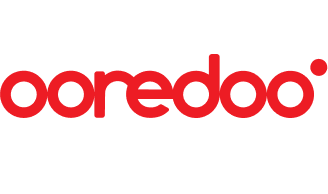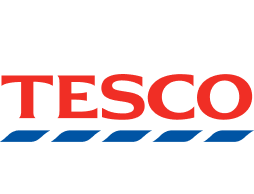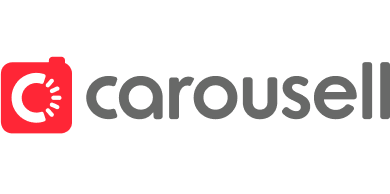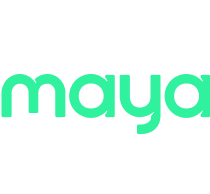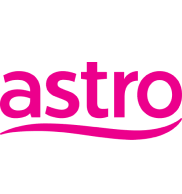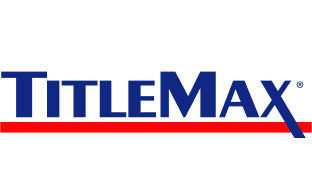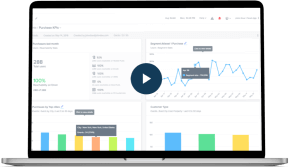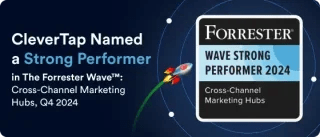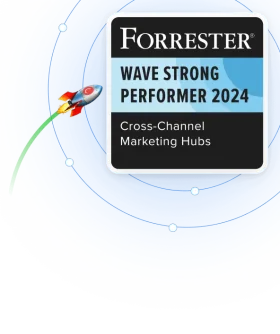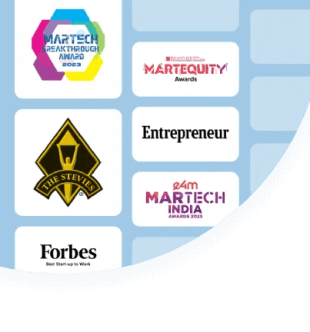When planning your next big marketing campaign, you can’t just throw money at things and hope that something sticks. Budgets are tight—tighter than ever before—and you need a concentrated marketing strategy that directs most or all of a company’s marketing initiatives to a specific target audience.
This kind of concentrated marketing strategy provides clear direction, something often lacking in business promotion. Knowing your customer intimately allows you to personalize communication and foster loyalty on a person-to-person level. And because you’ve strategized your spending, you’ll actually save money with a more targeted approach.
For example, consider the career platform BigShyft. The company boosted retention rates by a massive 40% by addressing niche audiences with customized campaigns. And at the same time, they simplified and optimized their processes with user analytics insights and automation!
AI provider Muuv Labs helps health and wellness companies to develop next-generation digital products. By using well-timed campaigns and analytics to determine a user’s preferences, Muuv Labs helps create personalized journeys that allow fitness and wellness apps to retain their customers better.
Companies like BigShyft and Muuv Labs are testament to the success of a concentrated marketing strategy. But how can you implement it to boost your own company to success?
What is Concentrated Marketing?
As the term suggests, concentrated marketing focuses a company’s marketing efforts on specific target audiences. These niche audiences can track with certain buyer persona attributes: age, gender, religion, race, hobbies, or career, for example. Concentrated marketing might focus specifically on dog owners, Millennial first-time homebuyers, eco-conscious consumers, runners, cyclists, gamers, and so on.
When a brand fully understands its target market, it can fine-tune its offerings and prices to meet specific customer needs. Although the company focuses on a smaller segment of the overall market, it can position itself as an industry leader within the demographic. Catering to a specific market segment can be especially effective for small businesses, promising profitability and optimizing marketing resources.
How Can Concentrated Marketing Help You?
From campaign initiation to consumer engagement and long-term impact, concentrated marketing benefits your business at every stage of the campaign lifecycle. It winnows the number of resources small businesses and startups need to successfully market their products; with a tighter focus, they save on advertising, content production, and upkeep of various campaigns.
In turn, the company customizes its brand for its target audience and positions itself as an industry leader. For example, a travel agency might focus its services tightly on sports-specific travel. Instead of just being any other travel agency, they are now the travel experts to contact if you want to go on a cycling holiday, or travel to Europe for a specific marathon. This builds customer loyalty. By appealing to the needs of a specific customer segment, you build brand trust and create a sense of exclusivity.
With smaller and more specific data sets, it’s also easier to track how effective your strategy is. This allows you to make faster decisions and accurate modifications. You can establish and meet your segment’s needs, wants, and interests effectively. You can also monitor competition. Since there are fewer competitors in a niche market, you can track what your competitors are doing—and where you need to step up to remain relevant.
Concentrated vs. Differentiated Marketing: What’s the Difference?
While concentrated marketing focuses on developing marketing messages for a single segment, differentiated marketing targets two or more groups.
A home loan provider with a concentrated marketing strategy may advertise exclusively to first-time buyers. On the other hand, a provider with a differentiated marketing strategy will run one campaign for first-time buyers and another for families looking for a forever home.
Unlike differentiated marketing, concentrated strategies do the following:
- Reduce marketing expenses
- Save time (and therefore money)
- Allow highly targeted spending on research, production, and distribution
- Position you as a market specialist
- Align your product with the market
- Improve marketing personalization
You Might Like to Read: What are the Key Differences Between Target Market and Market Segmentation?

Brand Examples of Concentrated Marketing in Action
Concentrated marketing allows brands to offer a range of products while targeting the consumer segment that’s most likely to be their most profitable clientele. Let’s look at a few examples of brands that have climbed to success on a concentrated marketing path.
Lefty’s: Concentrated Marketing Focusing on the Left-handed
Lefty’s is a San Francisco–based store that supplies a variety of products for left-handed users. While most companies cater to right-handed individuals—or simply don’t distinguish—Lefty’s focuses on a market segment that is often neglected. Lefty’s doesn’t focus its message around a specific product. Instead, they sell a variety of products to a very specific demographic.
Bee’s Wrap: Targeting the Environmentally Friendly
Bee’s Wrap would probably not have been nearly as successful 20 years ago as they are today. Eco-friendly, vegan, and cruelty-free products have received a lot more attention in the mainstream market as customers become more environmentally conscious. Bee’s Wrap has formulated its brand values around eco-initiatives and sustainability. Their plastic-free food storage alternatives align with their message and target market needs.
Jacamo: Fashion for Large Males
While female fashion caters to all shapes and sizes, Jacamo noticed a gap in the market for large males. The clothing industry is rife with competition and can prove a difficult market to enter. Yet Jacamo has successfully managed to cater to one of the most undervalued fashion consumer segments.
Reach Your Target Audience With CleverTap
Choosing the right marketing strategy for your brand is vital for the success of your business. It ensures that you spend your resources wisely to maximize ROI and also paves the way for future success. With the right strategy, you can establish your brand as a front-runner and develop a long-term following.
With concentrated marketing, you avoid a hit-and-miss approach. Instead, you know that your consumer segment already has an interest in what you have to offer. This allows you to develop an on-point, personal marketing approach that resonates with your audience.
CleverTap‘s all-in-one platform allows you to engage with your customers on the go. It integrates segmentation, engagement tools, and analytics, enabling you to foster valuable, long-term customer relationships. You can segment users by personal preferences, interests, and consumer habits for optimized personalization and results.
Book a CleverTap demo with our growth experts today to see how you can leverage your resources to build the most effective, impactful marketing campaign possible.

Subharun Mukherjee 
Heads Cross-Functional Marketing.Expert in SaaS Product Marketing, CX & GTM strategies.
Free Customer Engagement Guides
Join our newsletter for actionable tips and proven strategies to grow your business and engage your customers.



